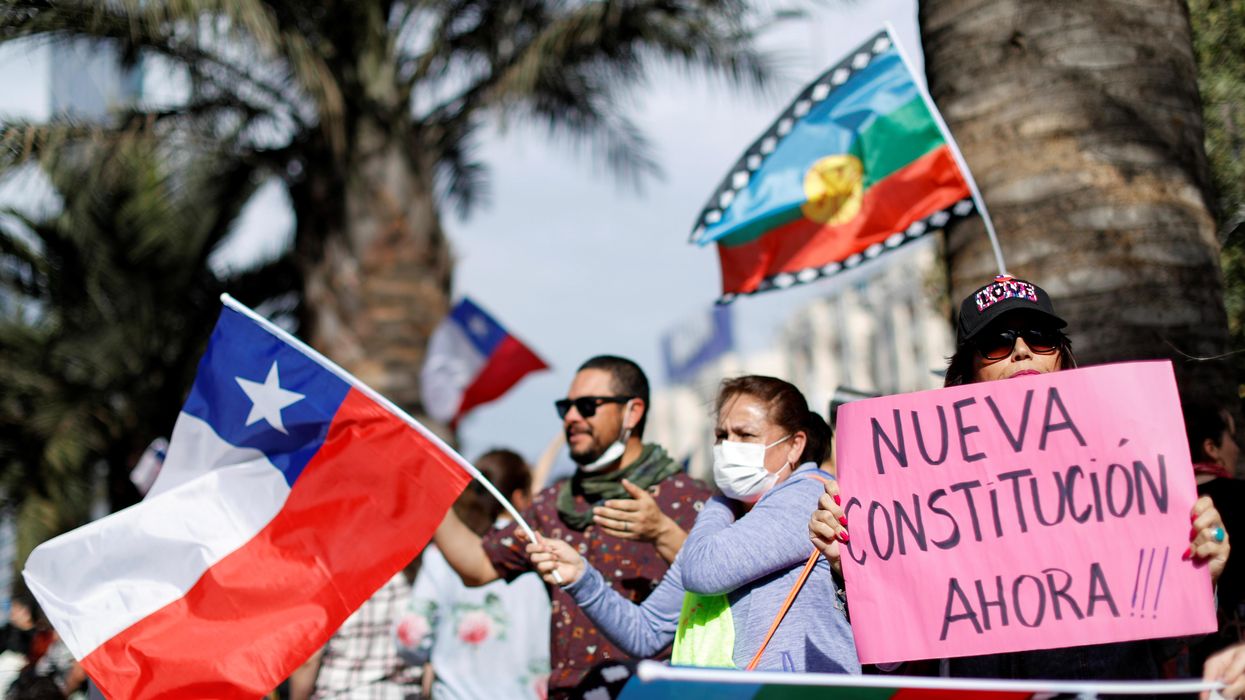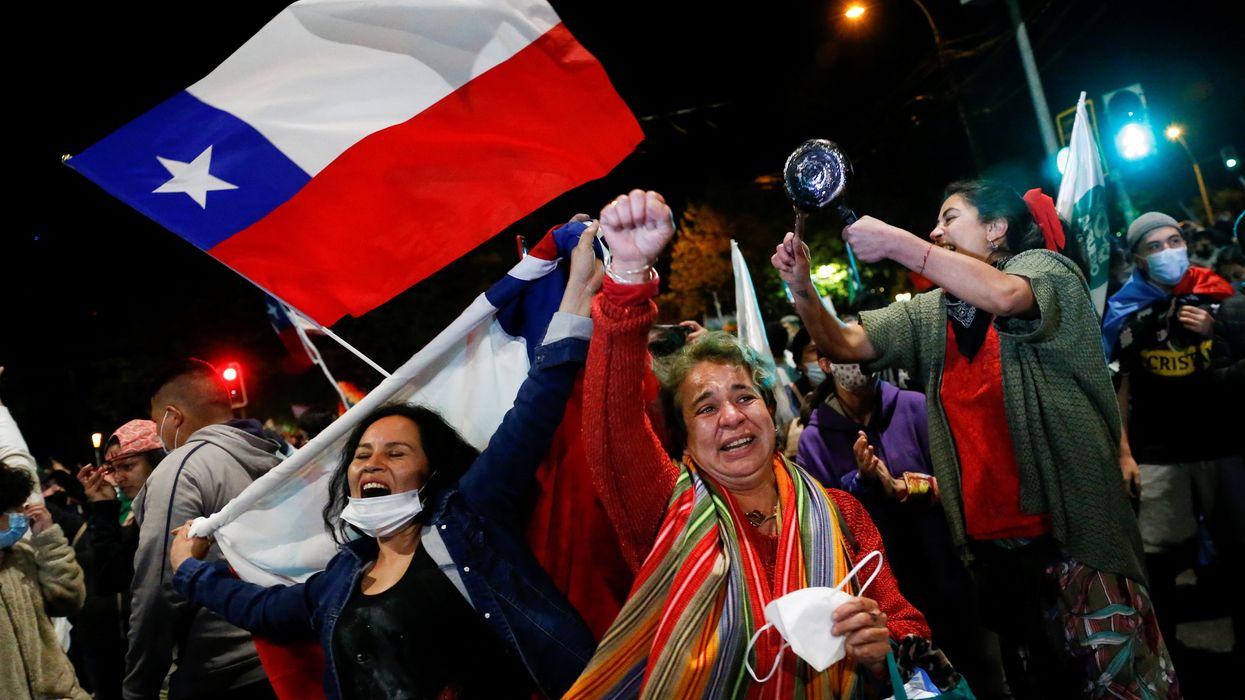News
How much (constitutional) change will Chileans get?
Chileans have picked the people they want to rewrite the constitution to make it a more egalitarian country. But getting the delegates to agree on how much change is easier said than done.
May 17, 2021


